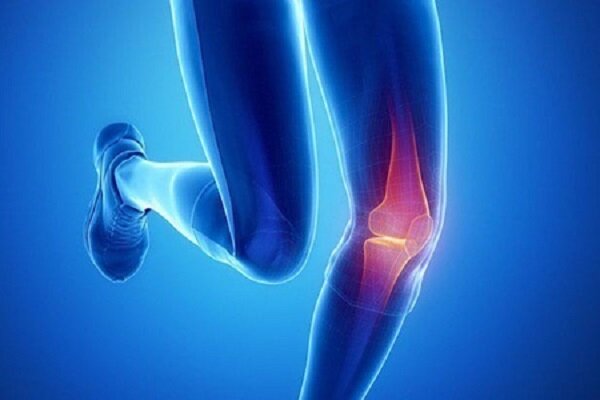Implants are medical devices used inside of the human body to replace fractured and injured bones. The implants are mainly made of stainless steel.
According to Iran Nanotechnology Innovation Council (INIC), a research team at the Institute of Materials and Energy (MERC) has used a coating of sol-gel derived nano-hydroxyapatite–polylactic acid (nHA-PLA) thin films on 316L stainless steel followed by continuous CO2 laser treatment. This process has enhanced the biocompatibility and corrosion-resistance leading to a reduction of the side-effects of implants in the human body.
The results of this study were published in the Journal of Surface and Coatings Technology with an impact factor of 2.9.
Institute of Materials and Energy, Also known as The Materials and Energy Research Center (MERC) was founded in 1971 as the "Center for Materials Properties ", which has research mission in materials engineering, new energies, electronics and environmental pollution. MERC, with 80 faculty members, keeps training specialists through holding workshops and special courses following the motivation to achieve the development in scientific, educational and research activities.
MS/INIC

























Your Comment